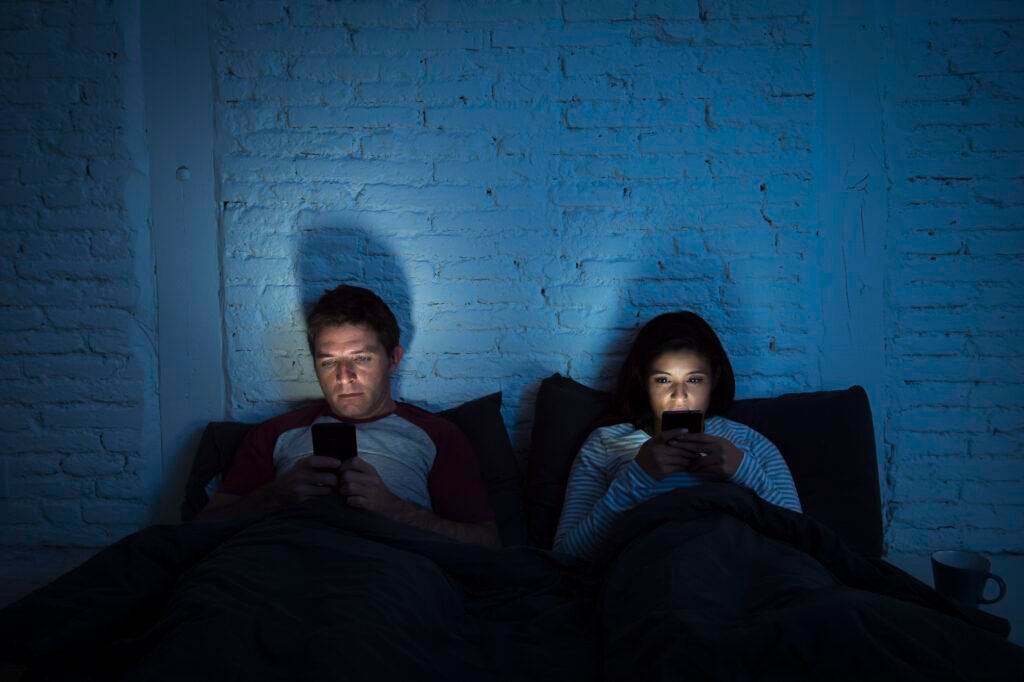Social media addiction
Social media addiction and its effects on individuals and relationships.
In this essay, we will explore social media addiction and its effects on individuals and relationships.
Social media has become an integral part of modern-day life, with millions of people worldwide using it for various purposes, such as communication, entertainment, and socialization.
However, the increased use of social media has also led to a rise in social media addiction, which can have significant effects on individuals and their relationships.

Excessive and compulsive use of social media defines social media addiction, as causing negative effects on mental health, work, and social relationships.
Research has shown that social media addiction is a growing problem, with many individuals experiencing symptoms such as anxiety, depression, and loneliness due to their excessive use of social media.
One of the most significant effects of social media is its impact on mental health. Studies show that increased social media use is linked to higher levels of anxiety, depression, and stress.
Social media addiction can also lead to poor sleep quality, which can further exacerbate mental health issues. Furthermore, social media addicts may witness reduced self-esteem and self-worth due to continuous comparisons with others on the platform.
Social media can also have negative effects on work productivity and performance. Social media addicts struggle with focus, causing lower productivity and performance at work.
Moreover, social addiction can lead to a decrease in job satisfaction, which can further impact an individual’s overall well-being.
Another significant effect of social media addiction is its impact on social relationships. Social addiction can cause isolation as users prioritize virtual interactions over real-life engagement.
Excessive social media use can strain romantic relationships, causing neglect and conflicts.
In addition to its effects on individuals, social addiction can also impact society as a whole. Fake news on social media can seriously impact democracy and public health.
Social media addiction can reduce real-world community engagement, as virtual lives take precedence.
To address social media and its effects, several strategies can be employed. Limiting social media by setting specific daily usage times is effective. Another strategy is to take breaks from social media regularly, such as on weekends or during vacations.
Professional help like therapy aids those grappling with social media.
Conclusion
Social media addiction is a growing problem that can have significant effects on individuals and their relationships. Excessive use of social media can lead to mental health issues, decreased work productivity, and social isolation.
To tackle social media, individuals can limit their use, take breaks, or seek professional assistance.
Recognizing and countering social media addiction’s negative impact is vital for a healthy, fulfilling life. 온라인카지노

